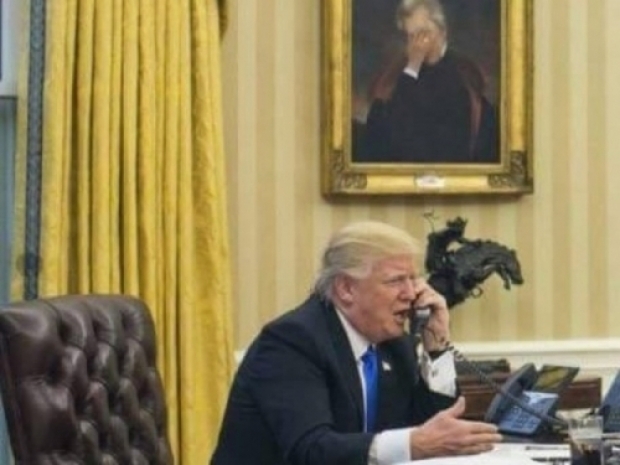According to a high-ranking source cited by Reuters, President Donald Trump's administration is unlikely to approve a move to see Intel’s semiconductor manufacturing operations run by an overseas entity, specifically TSMC.
"President Donald Trump's administration may not support Intel's U.S. chip factories being operated by a foreign entity," a White House official told Reuters. While foreign investment in domestic manufacturing is encouraged, the White House prefers that Intel's fabs remain under American control.
The discussions about a potential agreement surfaced following reports that the US government had allegedly proposed the idea to TSMC, which responded positively.
A Bloomberg report further suggested that the deal could involve other American firms investing alongside TSMC, ensuring that production capacity would not be entirely foreign-controlled.
Chipzilla has invested billions into its US-based semiconductor fabrication plants, balancing in-house production and contract manufacturing. However, the company has struggled to secure a significant customer base for its foundry services.
If TSMC were to take over these facilities, it would necessitate extensive operational changes, as Intel and TSMC use distinct chip-making processes.
Such a transition would require TSMC to share its proprietary manufacturing techniques with Intel personnel, a potentially contentious issue given the competitive nature of the semiconductor industry.
At the same time, Intel would relinquish direct control over its manufacturing operations and, crucially, its process technologies, marking a fundamental shift in the company’s business model.
Intel has historically maintained design and manufacturing operations in-house, a strategy that has contributed to its industry dominance and consistently high gross margins, which have traditionally exceeded 50 per cent. A deal with TSMC could push Intel towards becoming a design-focused company, impacting its profitability. Meanwhile, TSMC, safeguarding its gross margin of 55 per cent, may also find the financial implications of such a move challenging.




